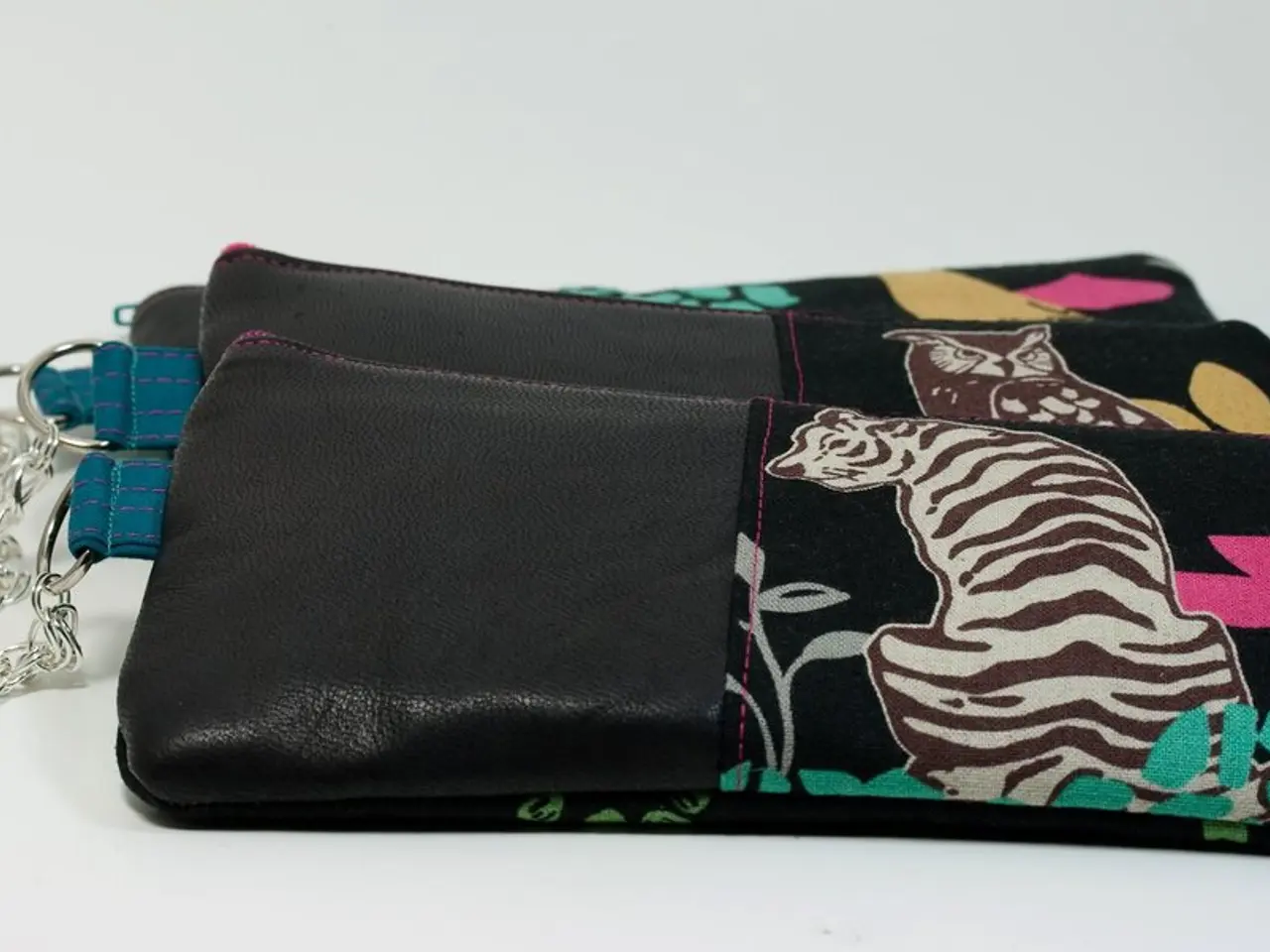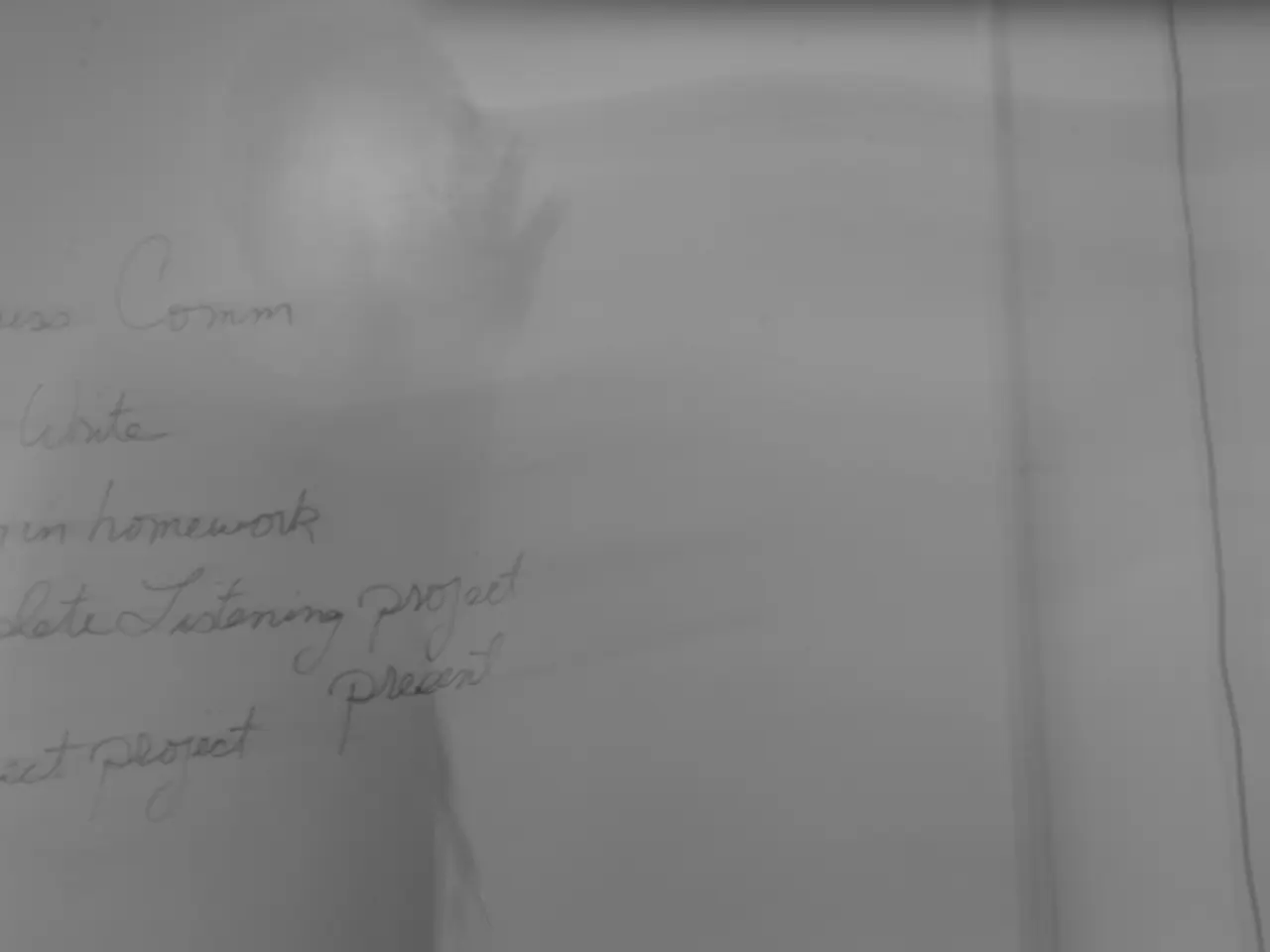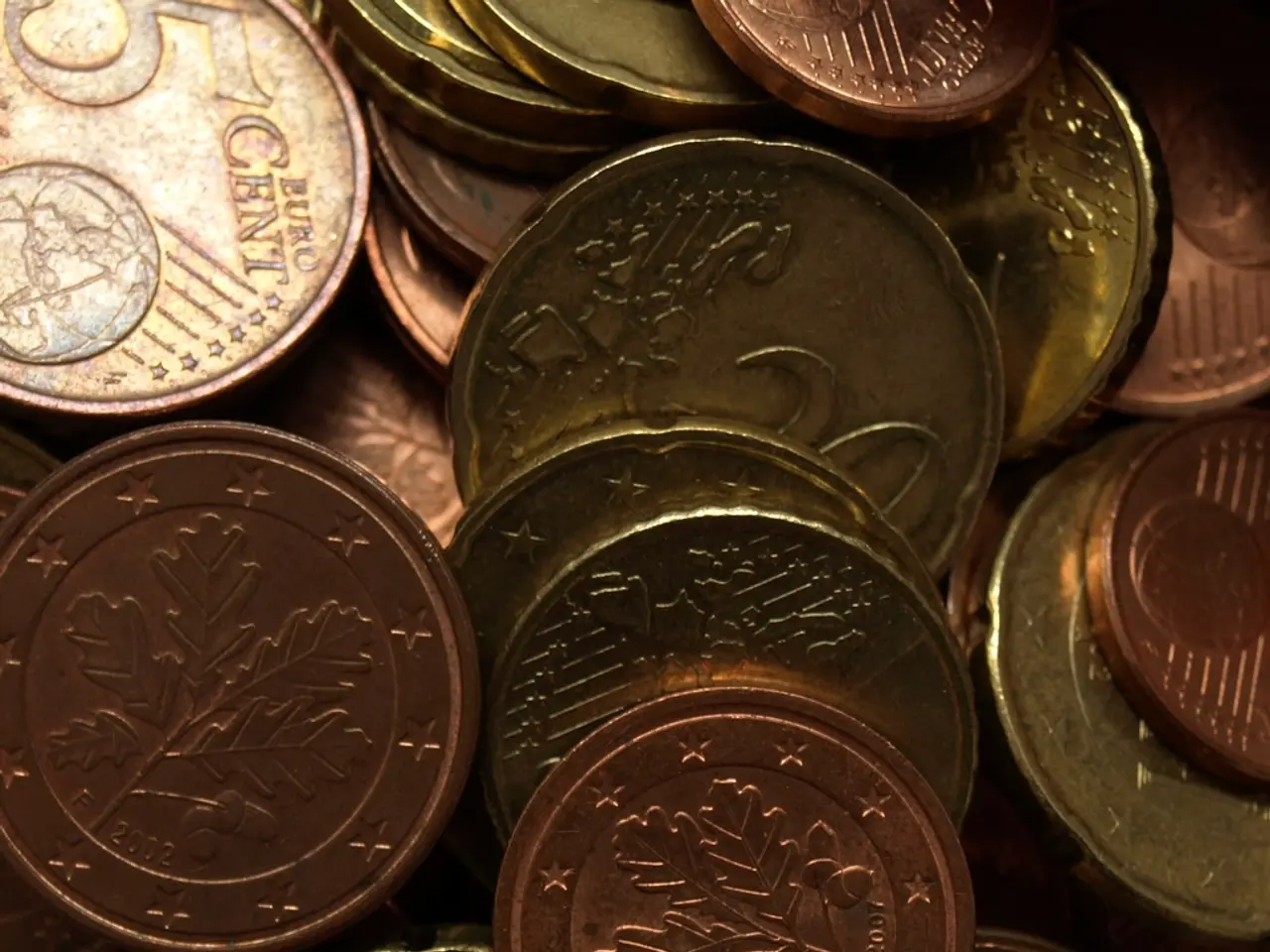Case in Dutch Court Regarding Humira's Pricing: Determining if Price was `Overly High'
Taking on Big Pharma: The Dutch Foundation's Legal Battle Against AbbVie
In a groundbreaking move, the Dutch Pharmaceutical Accountability Foundation (FtV) is squaring off against pharmaceutical giant AbbVie in the Dutch courts on May 9, 2025. The case centers around allegations of excessive profiteering by AbbVie from the sale of Humira, a blockbuster medication, in the Netherlands.
FtV, an independent foundation seeking fair and affordable access to medicines for all, accuses AbbVie of exploiting its monopoly position in the market to rake in unreasonable profits. These excessive profits, according to FtV, hamper people's right to health and cause financial hardship for Dutch citizens, who ultimately bear the brunt through increasing healthcare premiums.
The Foundation calculated AbbVie's excess profits by subtracting research and development, production, and distribution costs, a fair profit margin, and the costs of biosimilars from the €2.1 billion Humira sales in the Netherlands from 2004 to 2018, when the patent expired. This left €1 billion as "excess."
Humira, first launched in 1998, is a biologic with multiple indications, including rheumatoid arthritis, Crohn's disease, and psoriasis. Despite competition from biosimilars, Humira still had billions of dollars in sales in the U.S. as of 2025, where biosimilar entry was delayed due to litigation and a sub-optimally functioning drug supply chain.
In a preliminary court proceeding in 2023, FtV accused AbbVie of engaging in "unfair, excessive pricing practices." The Foundation emphasized the need to consider opportunity costs when evaluating expenditures on Humira due to healthcare budget constraints.
FtV's long-term objectives include establishing legally enforceable regulations ensuring fair pricing for medicines and mandating transparency from pharmaceutical firms regarding research and development costs, public funding, and profit margins.
AbbVie, in response, emphasized adherence to all Dutch laws and regulations. The company denies FtV's allegations, highlighting unaccounted costs, failed development projects, expansion of indications, and related studies, as well as excluded appropriate discounts negotiated with healthcare providers in FtV's calculations.
AbbVie further contends that the pricing and reimbursement of Humira were determined through negotiations with multiple authorities at launch. Profiteering or price gouging, when a good's price is significantly increased beyond what's reasonable or fair, is typically associated with circumstances decreasing supply. While Humira held a monopoly until 2018 in Europe, supply limitations weren't an issue AbbVie took advantage of, presenting questions about the acceptability of FtV's "excessive profits" argument in court.
Nevertheless, the issue of escalating healthcare expenditures on "expensive drugs" looms large. If FtV's challenge is successful, the case could set a precedent in the Netherlands (and potentially Europe) for price and profit limits, with a court decision expected within six to twelve weeks following the May 9 hearing.
Bonus Insights:- The Dutch Healthcare Authority (Nederlandse Gezondheidsraad) reported that annual per-patient spending on adalimumab-based products in the Netherlands fell nearly 90% in 2018, from €10,400 to €1,300 once biosimilar competition was introduced[2].- Biosimilars are closely related in structure and function to their referenced, brand name biologic medicines with no clinically meaningful differences in effectiveness[2]. Humira is an originator with numerous referenced biosimilars[2].- FtV's approach to challenging the pricing and profit of pharmaceuticals could pave the way for similar legal action against other companies in the future[3].
[1] Stichting Farma ter Verantwoording (FtV). (n.d.). Humira - Profiteer nodig. Retrieved from https://www.ftv.nl/thema/humira-profiteer-nodig[2] Nederlandse Gezondheidsraad. (2019, March). Marktbeoordeling van andermans biosimilar van adalimumab bij patinator stilstand. Retrieved from https://www.ngrz.nl/publicaties/marktbeoordeling-van-andermans-biosimilar-van-adalimumab-bij-patinator-stilstand[3] The Guardian. (2019, June 18). Dutch health foundation accuses AbbVie of excessive Humira pricing. Retrieved from https://www.theguardian.com/business/2019/jun/18/dutch-health-foundation-accuses-abbvie-of-excessive-humira-pricing[4] The Brussels Times. (2025, February 14). Dutch pharmaceutical watchdog demands €5.5bn in damages from AbbVie. Retrieved from https://www.brusselstimes.com/economy/121103/dutch-pharmaceutical-watchdog-demands-55bn-in-damages-from-abbvie/
- The Dutch Pharmaceutical Accountability Foundation (FtV) is currently fighting against AbbVie in a court case in the Netherlands, questioning the excessive profits made from Humira sales in the country.
- FtV argues that these excessive profits contribute to financial hardship for Dutch citizens due to increasing healthcare premiums, impeding people's right to health and wellness.
- In the legal battle, FtV points out the importance of considering opportunity costs, given healthcare budget constraints, when evaluating expenditures on Humira.
- AbbVie, in response, maintains compliance with Dutch laws and regulations but denies FtV's allegations, citing unaccounted costs, research and development expenses, and discounts negotiated with healthcare providers.
- If successful, FtV's challenge could set a precedent in the Netherlands (and potentially Europe) for price and profit limits, fostering pharmaceutical accountability, and ensuring fair pricing for medicines in the future.





